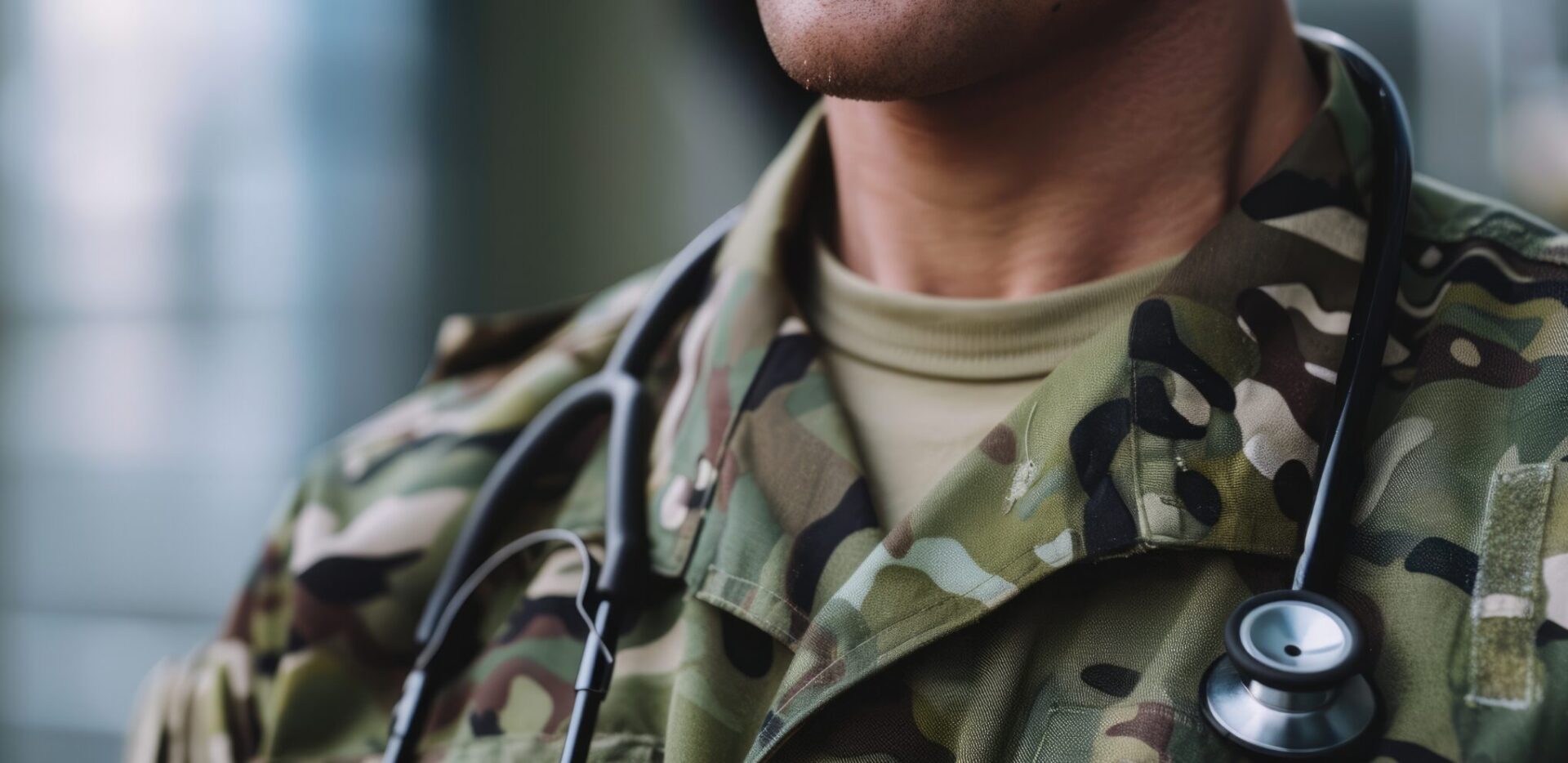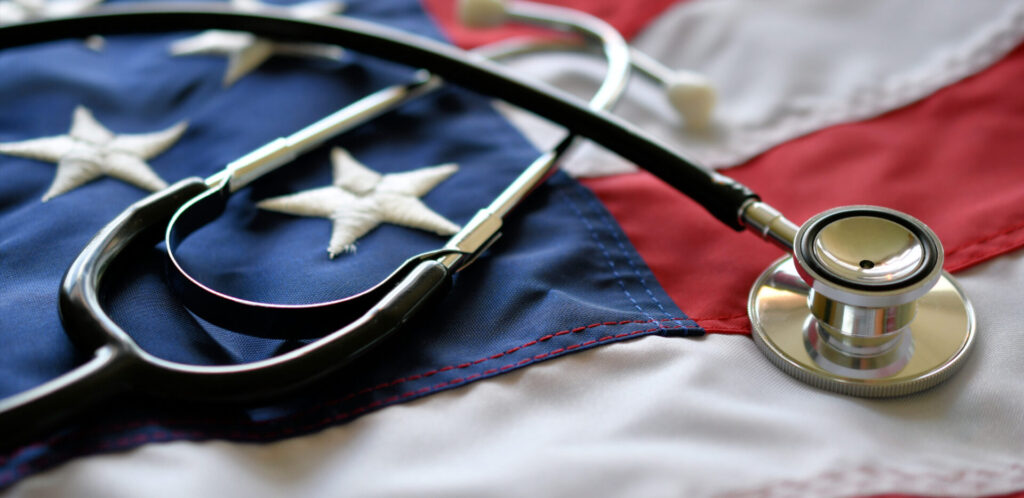At Hayes Locums, we have the privilege of working with many veteran and military physicians. This Veterans Day, we want to thank them for all they have sacrificed for our country and our freedom, and celebrate their unwavering dedication. Here’s what we’ve learned from these incredible military physicians, and a few of the many ways they continue to serve their communities through the care they provide.
The Value of Teamwork
“[As a military physician], you’re used to coming into places and dealing with whatever comes. If you walk into the ER and they don’t have your gold handle instruments, you’re not going to throw a hissy fit.
The other thing the military teaches you is teamwork. We’re all in this together. We’re all here to complete a mission. And it makes it easier: you just walk in and pull on the mantle and you work together.”
–Dr. Norman Hetzler, Locums Cardiothoracic Surgeon
The Importance of Staying Adaptable
“We’re very well-prepared as military physicians, in part because a lot of military training has to do with what you’re going to do in a deployed setting, where you don’t have all the resources, staff, or instruments you normally have. Having that experience of being able to navigate different ways of doing things, figuring out how to make do with what you have, makes walking into a locums environment fairly smooth and easy.
The adaptability we learn in the military helps us works in a locums environment, but the locums environment also helps us take new ways of doing things back to the military.”
–Dr. Aurora Vincent, Locums ENT
How to Make the Best of Any Situation
“One of the things that you learn in the military is to do the best job you can with what you’ve got. You learn to be flexible and make the best of any situation. That’s a good philosophy to bring to your work, especially locums work.
People who are physicians within the military also understand teamwork––you know you’re not going to get your way every day. If a hospital doesn’t happen to have a tool you’re used to, you figure out a way to work around that. You learn to be flexible, to work with a group. The military teaches you a different kind of structure––the nurses are officers just like you, the administrators are officers just like you, the OR nurse that you work with may outrank you––and that structure teaches you how to be a better colleague. And those are good life skills to have.”
–Dr. Courtney Beebe, Locums Urologist
The Benefit of Working with Patients from Across the Country
“Sometimes I meet patients who are former military and they learn that I’m in the Air Force, and I can tell they really like that. They feel more trust, because there’s something familiar to them that helps to build a relationship. I’ve had experiences like that over and over again.
I’ve had people ask me not to leave––I had one patient ask me where I was located, and when I told them Texas, they said, I have family in Texas, I’ll move down. Hearing things like that makes me really appreciate the opportunities I’ve had to get to meet so many different patients in so many different locations. What is nice is that with locums, I’ve been able to return several times to the same place, so I get to continue to help them and see how they are.”
–Dr. Taylor Barnett, Locums Cardiologist



